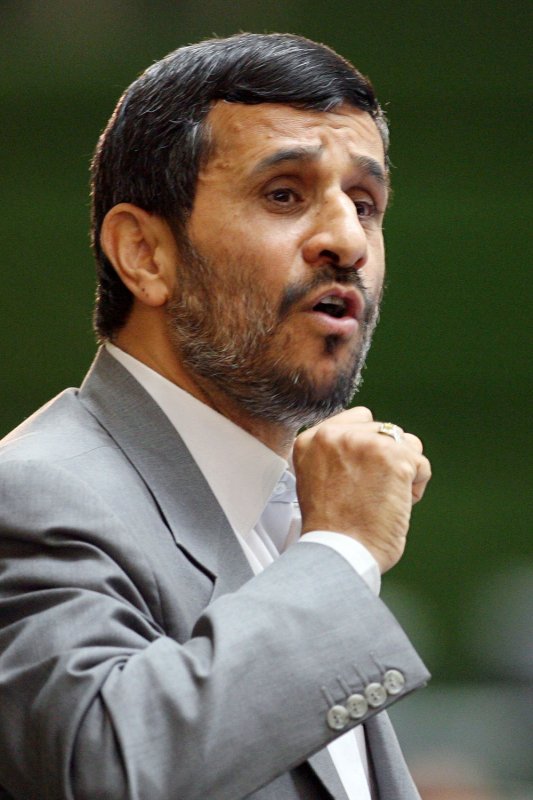WASHINGTON, May 27 (UPI) -- U.S. analysts say it may be time to engage Iran in serious talks over its nuclear program and support for insurgent factions elsewhere in the Middle East.
Testifying before Congress last week, U.S. Army Gen. David Petraeus said he favored an engaged approach with Tehran to settle a wide range of issues.















